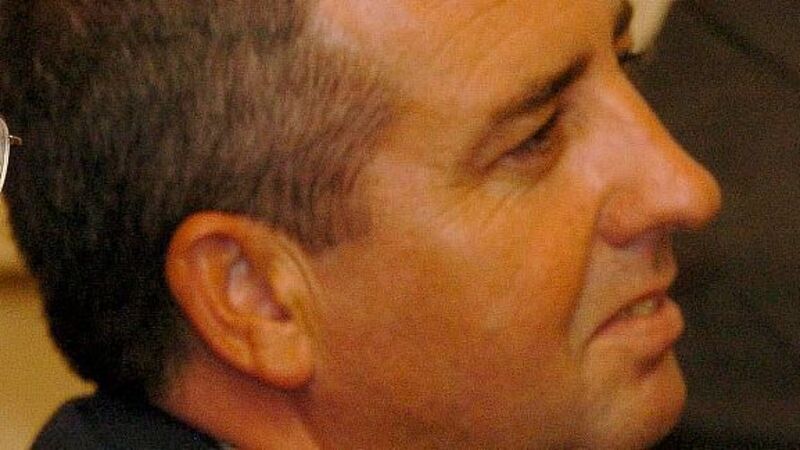The banking inquiry opens: Far, far more than a bank crisis in play

It is not overstating matters to suggest that a successful outcome can only be an aspiration but unfortunately that cannot be the expectation.
Legal advice that the inquiry cannot make any adverse findings of fact if they are disputed by those found culpable during or leading up to the crisis seems more limiting than might have been hoped.














